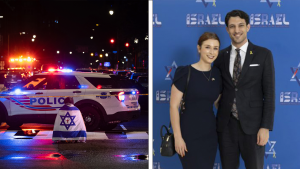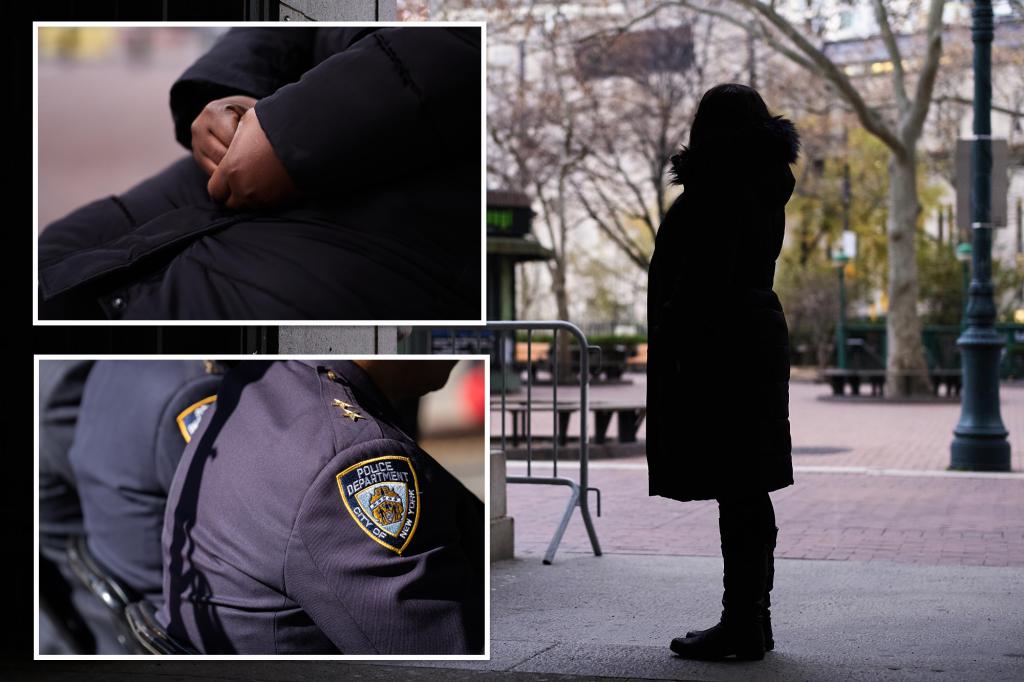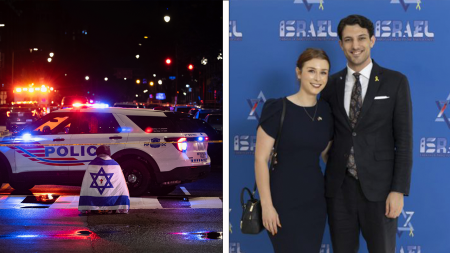Santio Williams, a fingerprint technician employed by the New York Police Department (NYPD), has filed a lawsuit alleging retaliation and discrimination stemming from her request for reassignment following an alleged domestic violence incident. Williams claims that her initial request to be transferred from NYPD headquarters at 1 Police Plaza, made to avoid potential encounters with her alleged abuser, was not only denied but resulted in her being assigned to a department notorious for its hostile work environment. Her lawsuit further details instances of alleged harassment, including the demand for a funeral program to substantiate her bereavement leave request following her sister’s death, a requirement not mandated by departmental policy. This alleged pattern of mistreatment, Williams contends, has caused her significant emotional distress, leading to anxiety, panic attacks, and even requiring emergency medical services on multiple occasions.
Williams’s lawsuit highlights what she perceives as a systemic issue within the NYPD regarding accommodations for employees experiencing domestic violence. Her attorney, John Scola, who has filed a similar suit on behalf of another NYPD employee facing alleged harassment, argues that the department routinely disregards city laws protecting employees seeking such accommodations. He points to the apparent contradiction of the NYPD’s stated mission to combat domestic violence while simultaneously failing to provide necessary support and protection for its own employee experiencing such abuse. The NYPD, in response, has offered a general statement affirming its commitment to a respectful and discrimination-free workplace for all employees, declining further comment on the pending litigation.
The crux of Williams’s case lies in the alleged retaliatory actions taken by her supervisors following her request for reassignment. Williams claims she was initially hired in May 2023 with significant experience in law enforcement from her previous residence in London. She asserts that she was even deemed overqualified for the fingerprint technician position and was assured of opportunities for promotion to higher roles. She was initially accommodated for childcare responsibilities with a daytime shift, and shortly after starting, was transferred to the Criminal Records Unit, working out-of-title as a Police Administrative Aide (PAA), a higher-ranking civilian position. This, Williams argues, demonstrates that a transfer to a different location was feasible but intentionally withheld.
Following the alleged domestic violence incident and her subsequent move to a domestic violence shelter, Williams requested reassignment to a different zip code, a recommendation made by her case worker. Despite her out-of-title work as a PAA, a role she believes offered flexibility for relocation, her request was denied. Simultaneously, she was transferred back to the fingerprint division, effectively demoting her back to her original title. Williams views these actions as direct retaliation for seeking a safe working environment away from her alleged abuser. This marked the beginning of what she describes as a campaign of harassment by her new supervisor.
According to Williams, the harassment manifested in various forms, including ostracization, unreasonable demands for medical documentation, and the fabrication of disciplinary infractions. She claims her supervisor would deliberately withhold information about work assignments and exclude her from office-wide communications. Requests for personal accommodations, such as bringing her child to work, were also denied. The alleged harassment escalated to the point where Williams experienced severe panic attacks requiring medical intervention. The lawsuit details instances where her supervisor demanded excessive medical documentation for minor illnesses and even rejected a COVID-19 test result printed on official letterhead, which triggered one such panic attack. Williams felt targeted and singled out, leading to significant emotional distress that impacted her well-being and her ability to care for her two young children.
Williams further alleges that her supervisor fabricated instances of tardiness and misrepresented conversations to create disciplinary issues. She recounts instances of being written up for being one minute late from breaks and for allegedly failing to inform her supervisor about a delayed lunch, a claim Williams vehemently denies. When confronted, the supervisor allegedly admitted to the misrepresentation, further solidifying Williams’s belief that she was being targeted. Williams attributes this alleged harassment to her supervisor’s inability to manage emotions effectively, leading to targeted actions against her. She hopes that the new NYPD Commissioner will address this issue of inappropriate management within the department. Williams believes that her case exposes a systemic problem within the NYPD, where supervisors with poor emotional management skills can create hostile work environments and retaliate against employees who seek legitimate accommodations.










